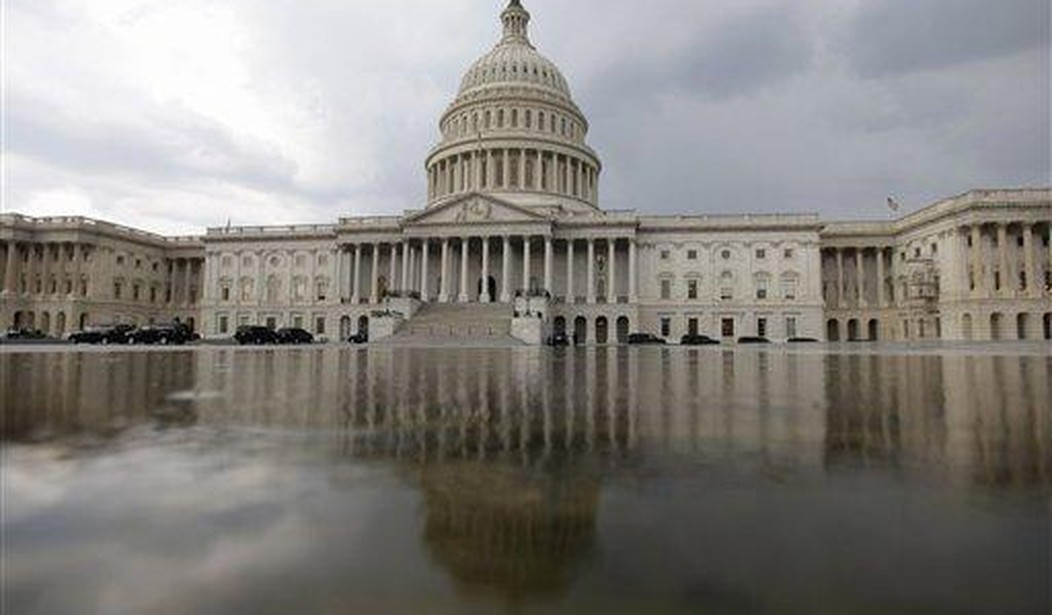Historically, Congress has had a difficult time figuring out how to set reasonable reimbursement rates for physicians participating in Medicare. After years of failing to permanently address the problem, this situation has become untenable and led to growing financial instability within the Medicare physician payment system. This instability threatens access to physicians and the high-quality care on which beneficiaries rely upon.
Looming statutory payment cuts for physicians—combined with a lack of inflationary updates specific to Medicare services and the overall financial impact of the COVID-19 pandemic —are now triggering warnings from physicians and policy experts on both sides of the aisle. Congress must act before the end of the year to prevent significant cuts to Medicare physician services and ensure stability for patients, physicians, and our overall health care system.
According to an analysis of Medicare Trustees data by the American Medical Association, Medicare payments to physicians have been reduced by 22% from 2001 to 2021 (when adjusted for inflation). The result of a serious flaw in the statute written by Congress, physicians are the only Medicare provider which does not receive an annual payment update to reflect inflation.
Despite playing a critical role in the delivery of healthcare for patients nationwide, physicians continue to be sidelined in discussions by Congress. As a matter of fact, an ongoing statutory freeze on annual Medicare physician payments is set to last until 2026, after which updates will resume at a paltry rate of 0.25%, far below inflation.
To make matters worse, physicians are subjected to across-the-board payment cuts due to other requirements of the Medicare statute. So, rather than having frozen payments until 2026, they are actually experiencing payment cuts in this period of extraordinary inflation. Next year, all Medicare physician services are scheduled to experience a -4.4 percent payment cut. All other types of Medicare providers, on the other hand, are scheduled to receive positive payment updates based on inflation.
Recommended
Ultimately, these underpayments are contributing to an increasingly large gap between the cost of running a medical practice and the actual payments physicians receive. This discrepancy—along with the sheer administrative and regulatory burdens of participating in Medicare as well as the financial setbacks brought about by the pandemic—is incentivizing market consolidation which could jeopardize access to care for beneficiaries nationwide, particularly in communities that already contend with limited access to healthcare practitioners.
Fortunately, two physicians who now serve in the House of Representatives have put forward a bipartisan solution to partly address this issue in the short term, at least for the next year or so. Representatives Larry Bucshon, MD (R-IN) and Ami Bera, MD (D-CA) recently introduced the Supporting Medicare Providers Act, H.R. 8800, in the House. Once passed by both chambers and signed by the President, the law would prevent the -4.4 percent payment cut for 2023 so that physician services reimbursements are frozen rather than cut.
During this one-year reprieve, Congress should work together to enact a permanent solution to provide predictability and financial stability for physicians by more accurately reflecting the economic realities of providing care today. As currently designed, the Medicare physician payment system is unsustainable, and we should not expend Congressional energy to address its flaws in stop-gap fashion year after year—resulting in bad law and bad outcomes for all of the participants in the Medicare system.
There is no denying that physicians play an integral role in delivering care to our communities, so it makes little sense that Congress should treat them differently than other Medicare providers. It is time to reform and repair the broken Medicare physician payment system—and protect access to care for beneficiaries nationwide—once and for all.
Peter Mihalick is former legislative director and counsel to former Reps. Barbara Comstock, Virginia Republican, and Rodney Blum, Iowa Republican.

























Join the conversation as a VIP Member